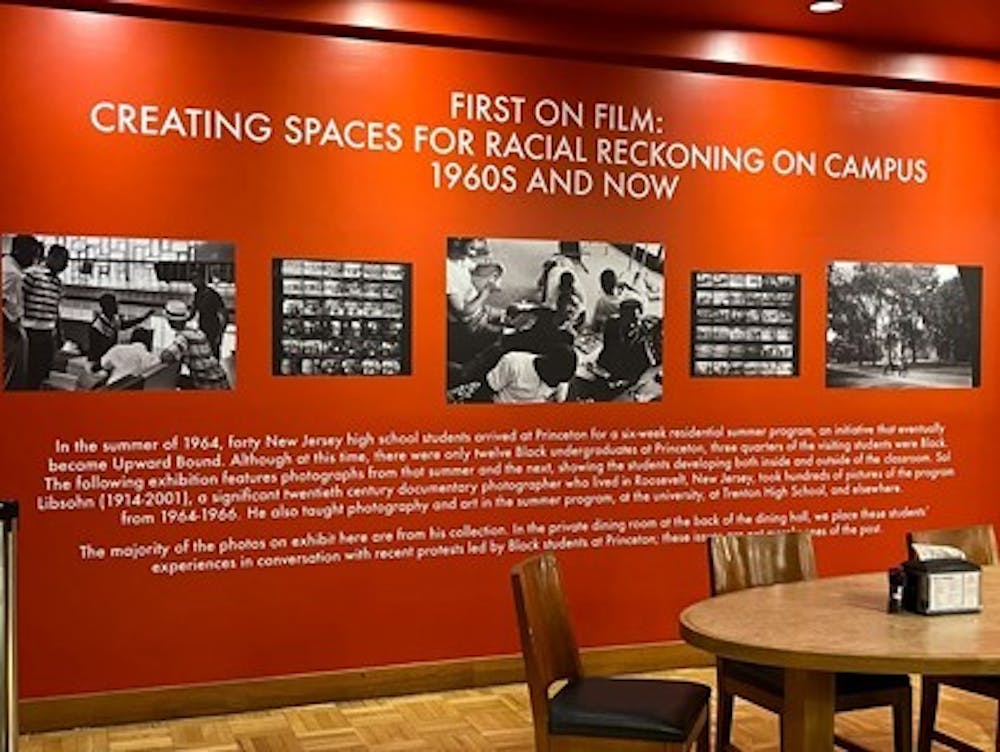The controversy surrounding Undergraduate Student Government (USG) Referendum No. 3 stemmed from topical and nuanced political stances, and genuine and strongly-held beliefs and values. Debates surrounding the situation in Palestine and Israel are immensely complicated, and students should be able to voice their opinions on these issues. Beyond voting, we can play an important role in campus politics by forming advocacy groups, sharing our viewpoints and perspectives with others, and highlighting the strengths and weaknesses of various arguments. In many ways, the advocacy of student groups for and against the referendum encouraged civic engagement: the majority of those voting in the most recent USG election did not abstain on Referendum No. 3. But how did the aftermath of the vote devolve into a situation in which the backlash focused on scapegoating individuals and misleading the public?
The answer is that people feel like they need to make meaningful change. Real change is hard to implement, but creating noise around an issue is not. This leads to a type of performative activism, where people and groups act to make a public showing that they are doing something, instead of focusing primarily on the issue itself. A referendum on any topic aims to give a sense of the student community’s stance on an issue; sometimes that is important to do, even if the referenda do not result in action from the University.
The difficulty arises not with the referendum itself; it occurs when the results of the referendum do not lead to one’s desired outcome. At that point, frustration may lead people to create noise and soundbites based on false statistics and attacks on community members. Such actions may provide immediate publicity and a short-term sense of satisfaction, but they do not help the underlying cause in the long run. In fact, they may backfire by reminding people how polarizing certain issues can be, and make it harder to support one viewpoint over another. People may see certain groups as unwilling to reason and think it easier to simply ignore the issue.
It is not just individuals or outside groups that see a need to do something in order to feel as though they have furthered a cause. We all — including the institution of Princeton University itself — need to consider the implications of our actions: do they actually help any cause, or do we act to project an outward appearance of progress? Far too often, the latter occurs.
Given the University’s history of excluding marginalized groups, it makes sense that people demand institutional changes in many forms. For example, through a substantial push, largely from the student body, Woodrow Wilson’s name was stripped from the School for Public and International Affairs (SPIA), as well as First College. Wilson’s “racist thinking and policies” meant that the Trustees of the University felt he would not be a good reflection of the school. And in many ways, they may have been right. These name changes may have made students more comfortable studying at the University or concentrating in SPIA. Yet the changes came at the end of June 2020, when many institutions felt pressured by the growing support for the Black Lives Matter movement. While I do believe that this was a positive change that bettered the institution, it was also done, in part, to foster the outward appearance of progress.
I am not arguing that all changes made to give some semblance of progress are bad ones — more that performative forms of activism cannot take the place of actual change. Recently, I had the pleasure of being part of a group of students, faculty, and staff putting together a racial justice exhibition in Wilcox Hall. I am proud of the work that went into this project, and I think that it did a good job of interrogating and highlighting many of the themes of challenge and progress that we wanted to include in our examination of racial exclusion and inclusion at the University. The exhibit will not be in this location permanently, given the impending closure of First College, but the physical existence of this design matters much less than the message we wanted to convey.
While we were organizing the project, however, I worried at times that in all the work done by administrators, staff, and other students, we would lose sight of what we were actually aiming to accomplish. Figuring out logistics and planning discussions took the majority of our energy in this endeavor, but that does not mean we could ignore our own positions with respect to these racial justice issues. Though the main goal was to encourage some revaluation of these ideas of progress, the development of these ideas needed to start within our group itself. The challenge is that everyone continues to hold many prejudices and biases, often unconsciously, which can stymie progress. Though the University did well to support students in putting this together, the pictures on the wall cannot be the end of the conversation; a temporary spectacle will not lead to the real change necessary to solve any of these problems. Planning the racial justice exhibition served as an important reminder to me that each of us has to look at our own actions regarding the causes that are important to us. Are we really trying to promote an important cause or focusing instead on just an image of progress?
Each of us has causes that are dear to us. But when we are confronted by those focusing on Instagram posts or publicly inflammatory comments instead of on the issues themselves, we must remind ourselves not to lose sight of why we care in the first place, and of the hard, nuanced work that is necessary to achieve tangible progress. We have a continuing obligation to consider whether our actions are actually helping, or if we just need to believe that they are.

Mohan Setty-Charity is a sophomore from Amherst, Mass., concentrating in Economics. He can be reached at ms99@princeton.edu.









